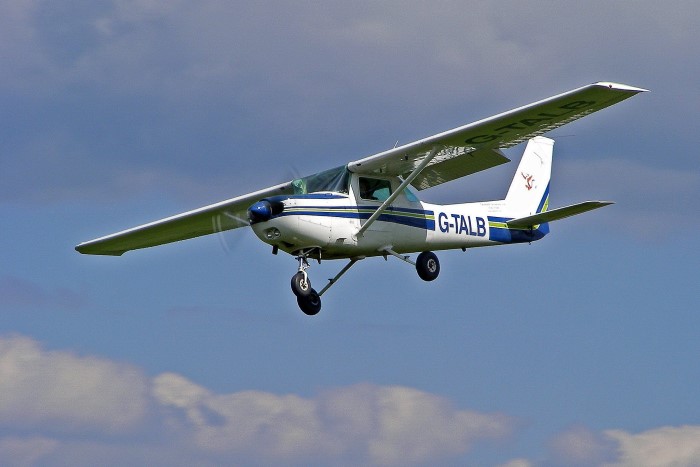Five Facts You May Not Know About Flying
04 April 2023

Aeroplanes have changed the way we travel, becoming one of the most popular means of transportation around the world. People have been flying for over a century, yet there are still many interesting facts about planes that are not well known. In this blog post, we will discuss five interesting facts about how planes work that you may not have known before.
- Fact 1: Planes can fly on one engine
One of the most common questions asked by nervous flyers is what would happen if one of the plane's engines failed.
The answer is that modern aeroplanes are designed to be able to fly and land safely on just one engine, although they will likely lack the thrust that is needed for take off. Pilots are trained extensively on how to handle this situation, and planes are equipped with redundant systems to ensure safety in the event of an engine failure.
However, the chances of an engine failure while the plane is in the sky is also extremely minimal due to the number of technical inspections a plane will go through while it is on the ground.
- Fact 2: Planes use winglets to save fuel
You may have noticed that many modern planes have small, upturned wings at the tips of their main wings. These are called winglets, and they help to reduce drag and save fuel.
Winglets create a vortex at the end of the wing, which reduces the amount of turbulence and drag. This means that planes can fly more efficiently, which is good for the environment, as well as an airline's bottom line.
- Fact 3: The black box isn't really black
The black box is an essential tool for investigating the cause of a crash, as it records data from the plane's instruments and voice recordings from the cockpit.
When you hear about a plane's black box, you might picture a sleek black device fitted neatly in the plane's systems. Well, you'd be wrong - for the black box is actually bright orange!
This is so that it can be easily spotted in the wreckage of a plane crash. A few interesting facts about black boxes are that sensors usually eject them in the event of the plane crashing; they're built to withstand at least 3,400gs (that is about 310 mph at point of impact), can survive temperatures topping 2,000°c, and be submerged in up to 20,000 feet of water.
- Fact 4: Planes are struck by lightning more often than you might think
Planes are actually struck by lightning more often than you might think. In fact, a typical commercial airliner is struck by lightning on average once a year!
Thankfully, planes are designed to withstand lightning strikes, thanks to their conductive materials and built-in lightning protection systems.
Also, while planes can fly through storms, radars and constant communications with ground control means that they normally go around them or avoid the areas of a storm where the wind turbulence would be at its worst.
- Fact 5: Gliders can reach incredible heights
While gliders may not have engines, they can still reach incredible heights. In fact, the world record for the highest altitude reached by a glider is over 50,000 feet – this is about 10,000 feet above the cruising height for most commercial aeroplanes and jets!
Gliders can use rising currents of air to gain altitude, and with the right conditions, they can soar to heights that are difficult or impossible for powered planes to reach.
Book your next Flying Experience or Flying Lesson at FlyDays.co.uk and experience the magic of flight for yourself, whether it's in a plane, helicopter, or glider.



